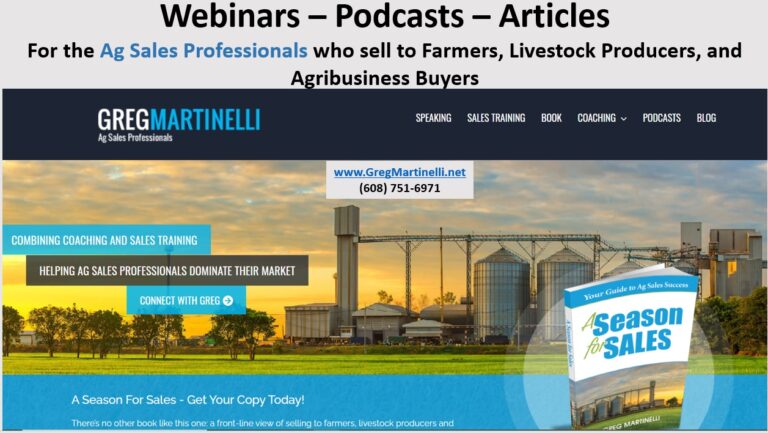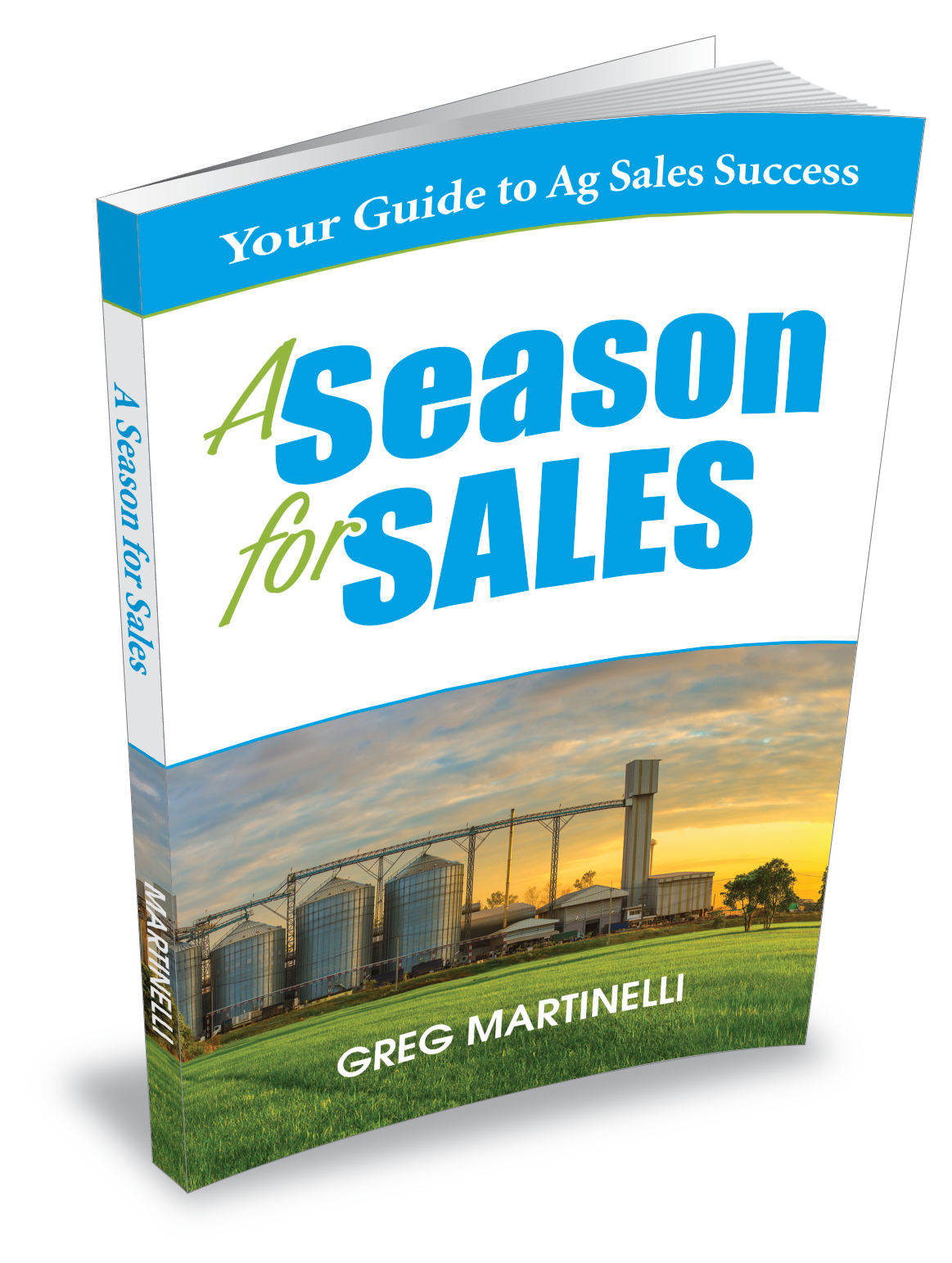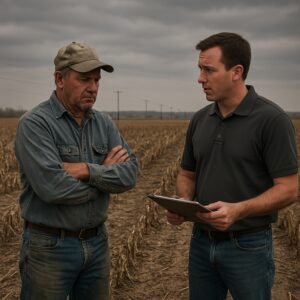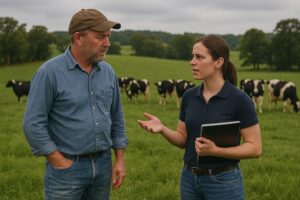Are you offering too much value?
How could you possibly offer too much value to a customer? Working with salespeople over the years, one of the most frequent comments I hear regarding their selling style is,
“I’m not a pushy sales guy. I’m not out there pushing product!”
Or “I’m a challenger salesperson or a relationship salesperson”
Or in some extreme cases, “I don’t consider myself a salesperson. I’m a …..” and then they fill in the blank with whatever it is they think they are, besides a salesperson.
When asked to describe their relationship with their customers, they will often use the term, “Trusted Advisor”. This is all great. In my sales workshops, I too promote the idea of moving up the customer’s value ladder and becoming a trusted advisor to them. Allowing you to help them more, increase sales and develop a competitive advantage over all your competitors who I’m sure are product peddlers.
Except, I had a recent experience that made me think twice about this. Last weekend, a bathroom remodel project got me into one of the large box hardware stores. I bought a $3 PVC connector for a sink repair. At self-checkout, I accidentally hit “email” me a receipt. Thinking there would be no way they would know my actual email; I got the first one before I hit their exit. Another email came by the time I got back to the house and the final one came the next morning. Suffice it to say, I did not want a relationship. I just needed a piece of PVC because I am a really bad plumber. At one point, when the leak wouldn’t stop, I had an idea. I replied to the email that I had a great store experience, but the leak was still persisting. Could they possibly call me and let me know what to do? Haven’t heard from them yet.
I don’t fault them for what they are trying to do. I don’t know what it costs them to do what they did with email tracking and everything, but it was wasted on this transaction. I simply went to the nearest hardware store when I needed something.
When managing your customer list and territory, you really need to think about this. I know you want to be a trusted advisor to your customers.
2 Key Points:
- You will not have enough time in the day to be a trusted advisor to everyone of your customers.
- Secondly, not every customer wants nor will pay for that relationship.
The 4 Customer Engagement Levels:
- Product Provider: This is pretty straight forward. The relationship is based on availability. Being present with the right product at the right time at the right place, and at a price that’s either lower, equal to or not worth the effort to go elsewhere. This is the ante to play in the game. If you don’t have product available and freight to move it, you are pretty much not moving past level one in the sales world. For a salesperson, this means you know how to facilitate the product, location, pricing, and payment to get transactions completed.
- Technical Expert: Now we are moving up the value ladder. We are knowledgeable about the industry and how our products fit into it. We might call ourselves nutritionists, specialists, agronomists, agrologist. We might have degrees or acronyms like MBA, PhD, or CCA behind our name. These designate our qualifications for being that expert.
- Trusted Advisor: Now we’re there. We hit that level of the relationship where the customer reaches out to us. They ask us for advice on their business decisions. As a salesperson, it’s a great place to be with a customer. Trust level is high, pricing pressure is low, and actual product transactions are effortless. You are able to focus your time on better helping your customer grow their business.
- Strategic Partner: A step above and beyond the trusted advisor can be something referred to as the Strategic Partner. This is where the line between customer and vendor isn’t strictly a buy-sell relationship. You might have a joint venture or develop a special business unit within their operation. Business decisions might be joint discussions between vendor and customer. For the average salesperson, these type relationships often move up the chain and are developed by members of the management team. We become part of that relationship. Often it’s because of the hard work we put in developing that relationship.
Key point #1: You will eventually run out of time trying to be a trusted advisor to every customer.
Let’s say you are an agronomist or nutritionist with a four-county territory. Within that area, there are 100-acre guys to 5,000-acre guys. There are 50 cow dairies and 1500 cow dairies.
As you progress from new salesperson (typically calling on smaller accounts) to an experienced salesperson (calling on the bigger accounts), think about who you are selling and the Customer Engagement Level you are trying to achieve. If you treat every customer the same and aspire to be their trusted advisor, you will reach capacity very quickly. If you fill it with 50 cow dairies or 100 acre accounts, you are severely limiting your results.
By capacity, I mean the reasonable amount of customer or workload you can handle. For that agronomist, with 100 customers on their list, is it reasonable to think they can be the complete agronomist, plotting all fields, selecting all seed varieties, scouting to get the best yield possible for all 100 customers? Probably not. Most I know are working at that level with maybe 30 customers. Obviously, it depends on acres and how involved the customer is in the process.
Key point #2: Not every customer wants nor will pay for the trusted advisor relationship.
Refer back to my hardware experience. I didn’t want a relationship. Nor, would I pay for it. I’m appreciative and respectful of what they are trying to do. However, it’s just not that important enough to me. Your customers can be in that same category. They might listen as you present on how you balance every acre with geo-spatial data within your precision Ag platform. They smile and nod and then pass on your offer. Or they ask you to price match the competitor who doesn’t do any of those extras.
The line between offering the value and services of a trusted advisor or technical expert and getting paid for it is a great discussion to have with your peers and your manager. It’s not always a clear line. Customers will go back and forth on their willingness to pay for the extra efforts.
The other important decision in this discussion is who and how big is big enough. Coaching a salesperson once, she said, “I call on two horse accounts, because I’m a two-horse account.” This is a literal reference. She had two horses of her own and she was out calling on two horse accounts. Armed with a laptop, an I-pad, high speed internet connections, a cell phone, and a company pick-up truck. We spent a lot of time that day walking through the math of how many of these accounts she would have to sell in a day to make it worth her companies’ time. Still not convinced, we shifted the discussion to her actual time spent and how much she would earn on an account that size. If she sold it.
As a sales coach, these are great discussions as many salespeople don’t take the time to review their customer base. We strive so hard to continuously move customers up the value ladder to the trusted advisor relationship, but fail to consider who should actually be in those four levels of Customer Engagement.
2 Traps to watch out for:
- The Transactional Buyer who strips all the Technical Expertise you have. Then, they take that information back to their current supplier. You just became their research assistant.
- The Large Account Buyer who wants all your company resources from your Strategic Partner level, but drives your prices down because they are big. We could term this the “Wal-Mart” account. Keep in mind, you can sell a lot of product and go broke doing it.
Take a few minutes today as you’re driving down County Highway A and think about your customer list. How many do you have in each of the four Customer Engagement Levels. Are the right ones in the right levels?
As always, I hope this helped you on your journey to being more efficient and effective in your selling. If this helped, I ask you to share it with those who might also benefit from it.
Sign up for my weekly blog and podcast using the links in this email.
As a final request, take a look at the newest book on the market written specifically for you – By someone who did and still does all the things in my book A Season for Sales: Your Guide to Ag Sales Success






